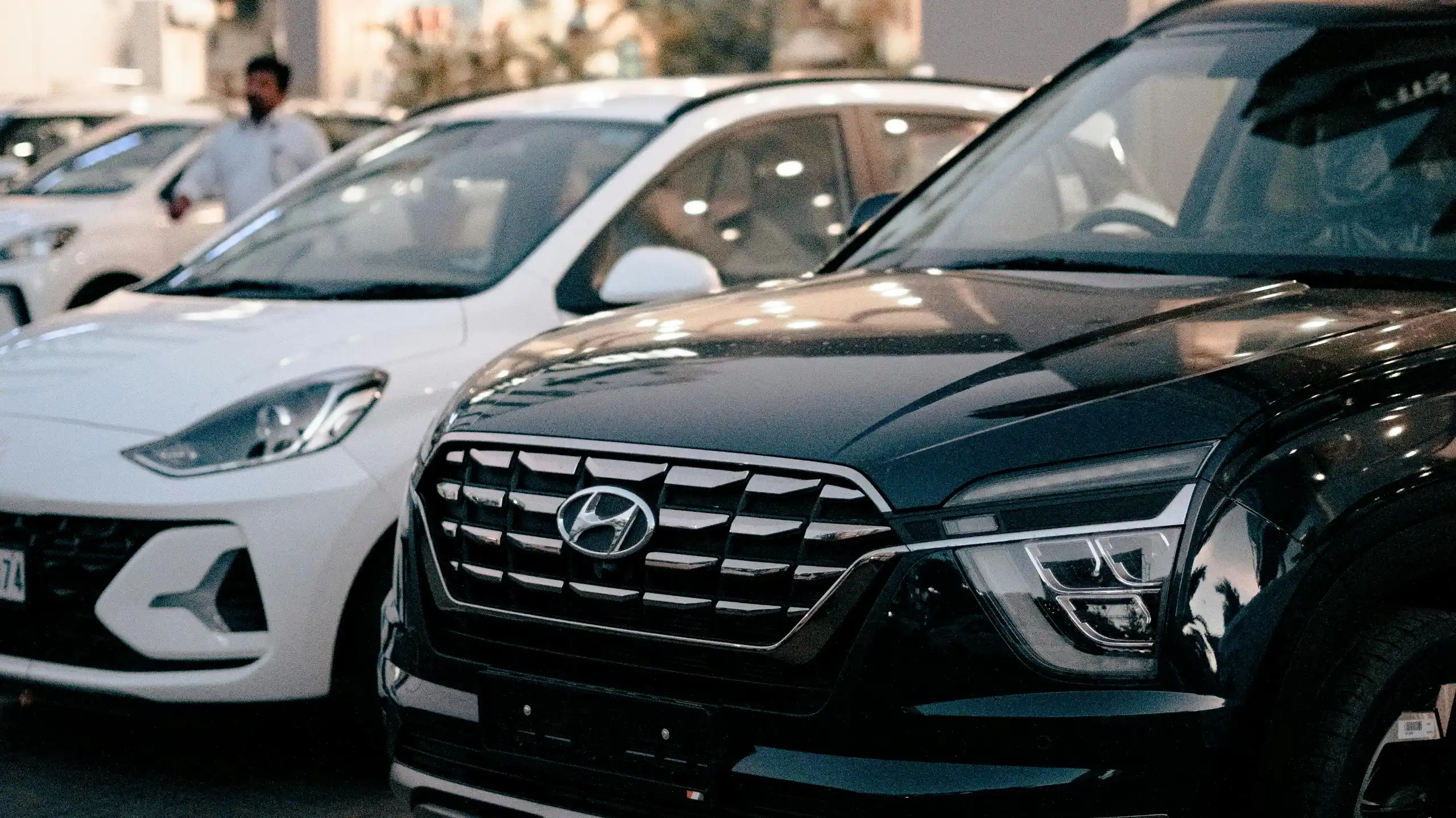Owning a car in Australia provides the freedom to explore the vast landscapes and makes commuting more convenient, especially in areas with limited public transport. However, purchasing a car as an expat can be a daunting process due to unfamiliar regulations, financing options, and insurance requirements. This guide explains the key steps to buying a car in Australia, ensuring you make an informed decision and comply with local laws.
Step 1: Decide Between New and Used
Your first decision is whether to buy a new or used car, each with its own advantages and drawbacks.
- New Cars: Offer reliability, warranty coverage, and the latest features, but come with a higher price tag and depreciation costs.
- Used Cars: Are more affordable and retain value better, but may have hidden maintenance issues. Always perform thorough checks before buying.
Step 2: Research Cars That Suit Your Needs
Consider factors like your lifestyle, budget, and driving habits. For instance:
- City Driving: Compact cars like the Toyota Corolla or Mazda3 are ideal for urban areas.
- Family Needs: SUVs such as the Toyota RAV4 or Hyundai Tucson offer more space.
- Long-Distance Travel: Reliable and fuel-efficient vehicles, such as the Subaru Outback, are great for road trips.
Step 3: Set a Budget
Determine your budget, factoring in not just the car’s purchase price but also ongoing costs such as:
- Stamp Duty: A government tax based on the car’s value and state of registration.
- Registration Fees: Annual fees for keeping the vehicle legally on the road.
- Insurance: Compulsory third-party (CTP) insurance is mandatory, and additional coverage is recommended.
- Maintenance and Fuel: Regular servicing, repairs, and fuel costs.
Step 4: Explore Financing Options
If you’re not paying in cash, consider your financing options:
- Car Loans
- Offered by banks, credit unions, or car dealerships.
- Interest rates typically range from 5%–10% depending on your credit history and the loan term.
- Personal Loans
- Can be used for car purchases but may have higher interest rates compared to car-specific loans.
- Dealer Finance
- Convenient, but rates may be higher than bank loans. Always compare options.
- Salary Packaging/Novated Leases
- Available to some expats through employers, allowing you to lease a car with pre-tax income.
Step 5: Check Vehicle History (For Used Cars)
If buying a used car, perform a vehicle history check to avoid potential issues such as:
- Confirm the car is not stolen or written off.
- Check for existing finance or encumbrances.
- Verify the registration status.
Most checks require the car’s VIN (Vehicle Identification Number) or registration plate.
Step 6: Inspect the Car and Test Drive
For used cars, conduct a thorough inspection or hire a mechanic to assess the vehicle’s condition. Key areas to check include:
- Engine performance and fluid levels.
- Tyre wear and alignment.
- Brake function.
- Exterior and interior condition.
Take the car for a test drive to evaluate its performance, handling, and comfort.
Step 7: Negotiate the Price
Negotiating is common in Australia, especially for used cars. Research the car’s market value on platforms like RedBook (www.redbook.com.au) and use this information to make a reasonable offer.
Step 8: Complete the Paperwork
Once a price is agreed upon, ensure all necessary paperwork is in order:
- Sales Contract
- For private sales, use a standard template or draft an agreement covering the price, vehicle details, and terms.
- Registration Transfer
- The seller must provide a roadworthy certificate (if required in your state) and complete the transfer of ownership with the relevant state authority.
- Fees and timelines vary by state.
- Insurance
- Arrange CTP insurance immediately and consider comprehensive coverage to protect against theft or damage.
Step 9: Register the Car
Visit your state’s transport authority to complete the registration process. Bring:
- Proof of identity.
- The vehicle’s roadworthy certificate (if applicable).
- Completed transfer forms from the seller.
Registration authorities include:
- NSW: Service NSW (www.service.nsw.gov.au)
- VIC: VicRoads (www.vicroads.vic.gov.au)
- QLD: Department of Transport and Main Roads (www.qld.gov.au)
- WA: Department of Transport (www.transport.wa.gov.au)
Tips for Expats Buying a Car
- Know State Regulations: Each state has different rules for registration, roadworthy certificates, and stamp duty.
- Consider Insurance Packages: Bundling car insurance with other policies, such as renters insurance, can save money.
- Drive on a Test Licence: Expats can use their overseas driver’s licence for a limited period before obtaining an Australian licence.
- Beware of Scams: When buying privately, meet sellers in public places and verify all documents.
Buying a car in Australia as an expat can be a smooth process with proper preparation and research. By understanding your options, inspecting the vehicle thoroughly, and completing the necessary paperwork, you can confidently purchase a car that suits your needs and enjoy the freedom of driving Down Under.


